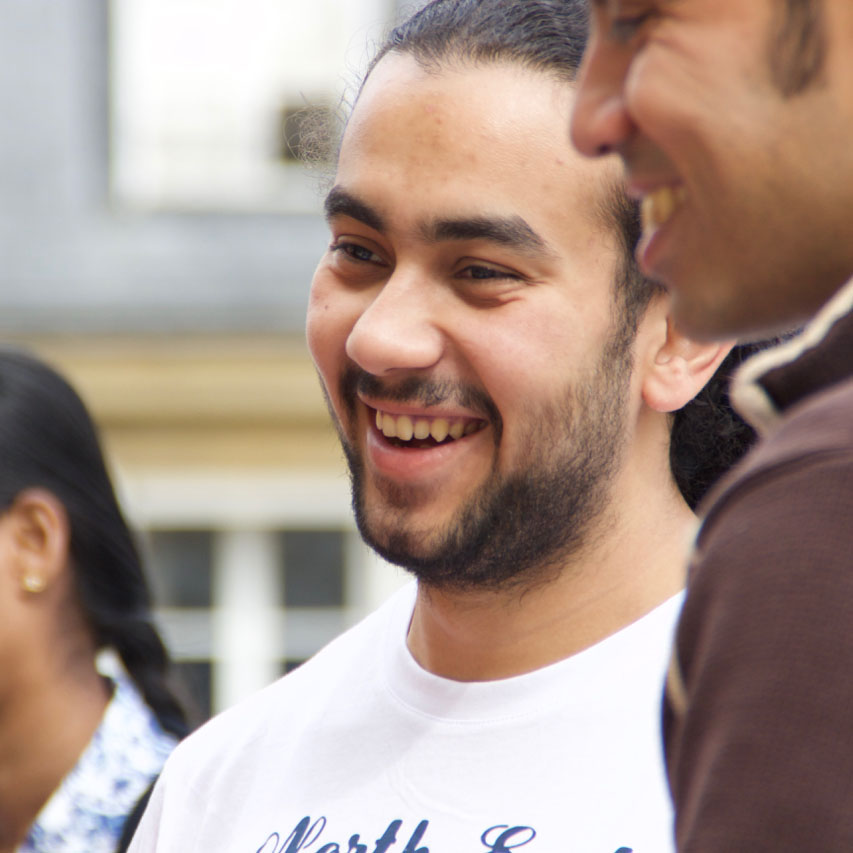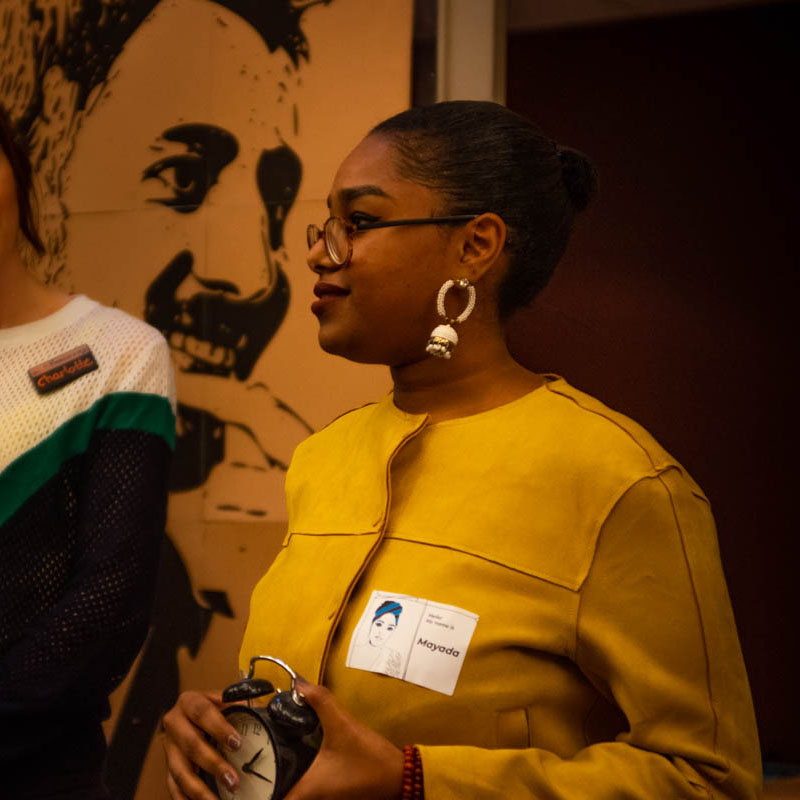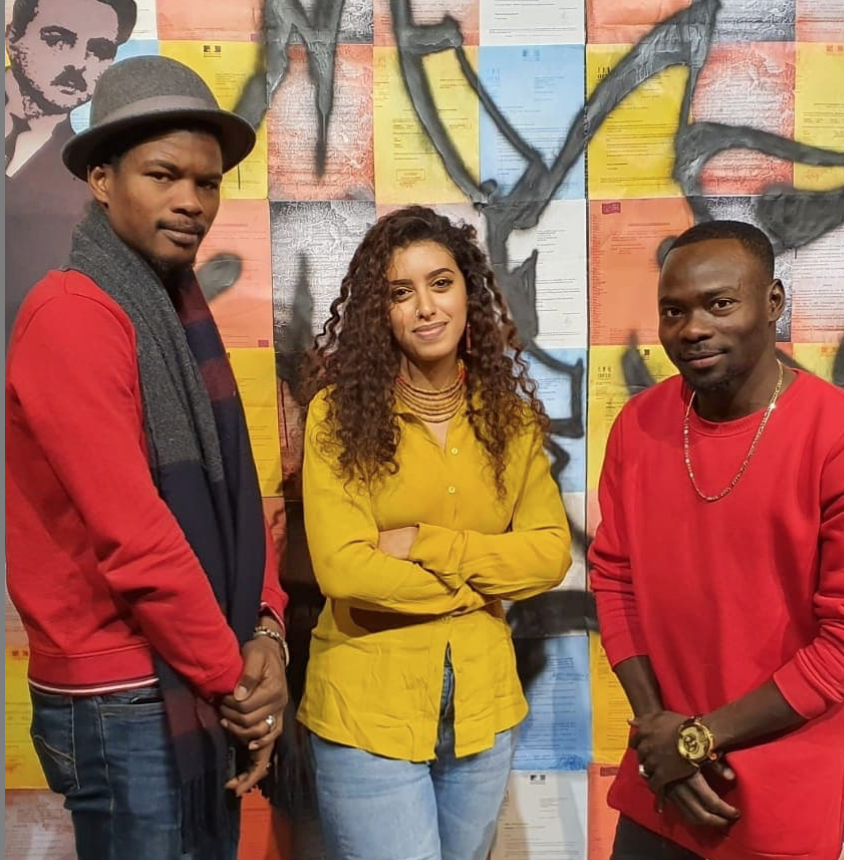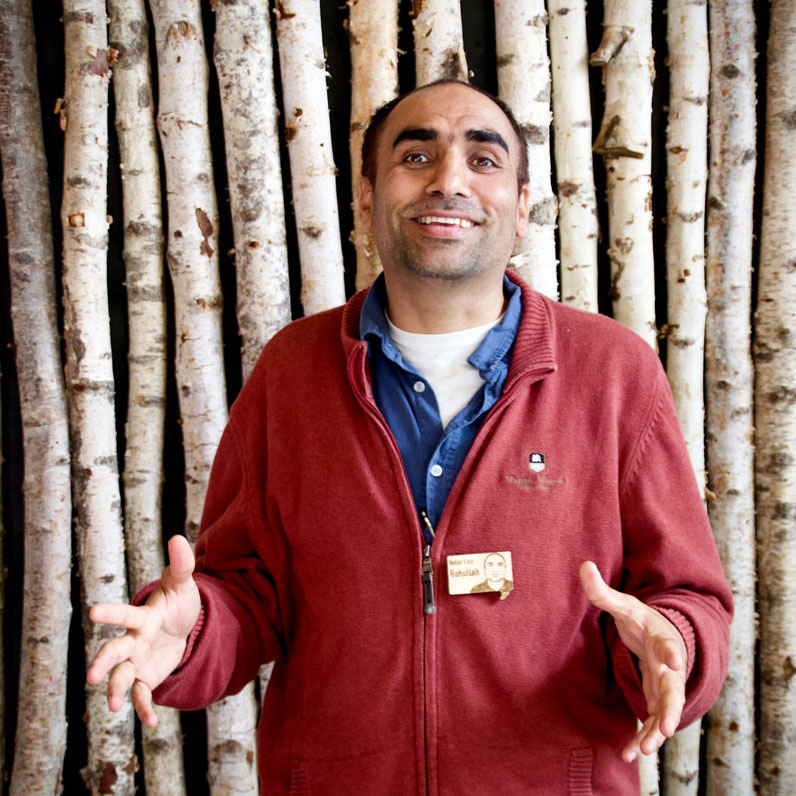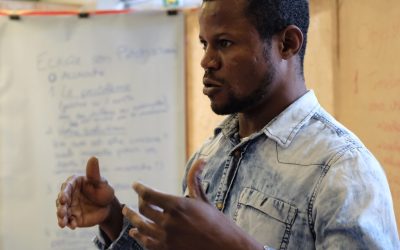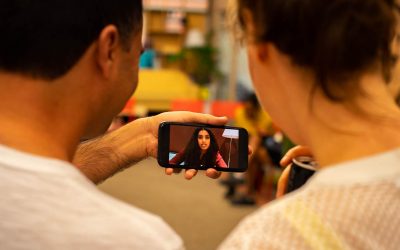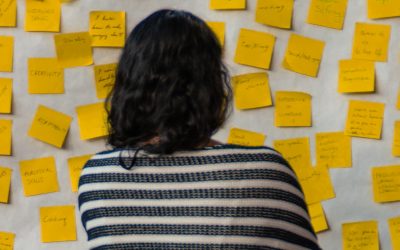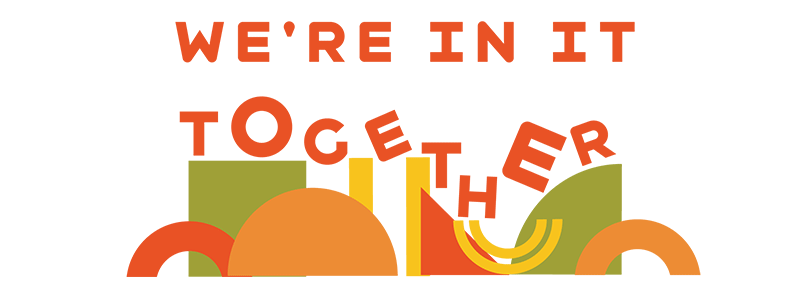
Craving for Europe to be more innovative?Migration can help!
Charlotte Hochman is a managing partner of Wow!Labs, an innovation studio that creates results for companies, cities and universities by developing capacity and physical spaces for innovation. She co-founded PLACE, a European project that designs and runs experiments in Paris, Berlin and London to accelerate the contribution of refugees and migrants to local economies.
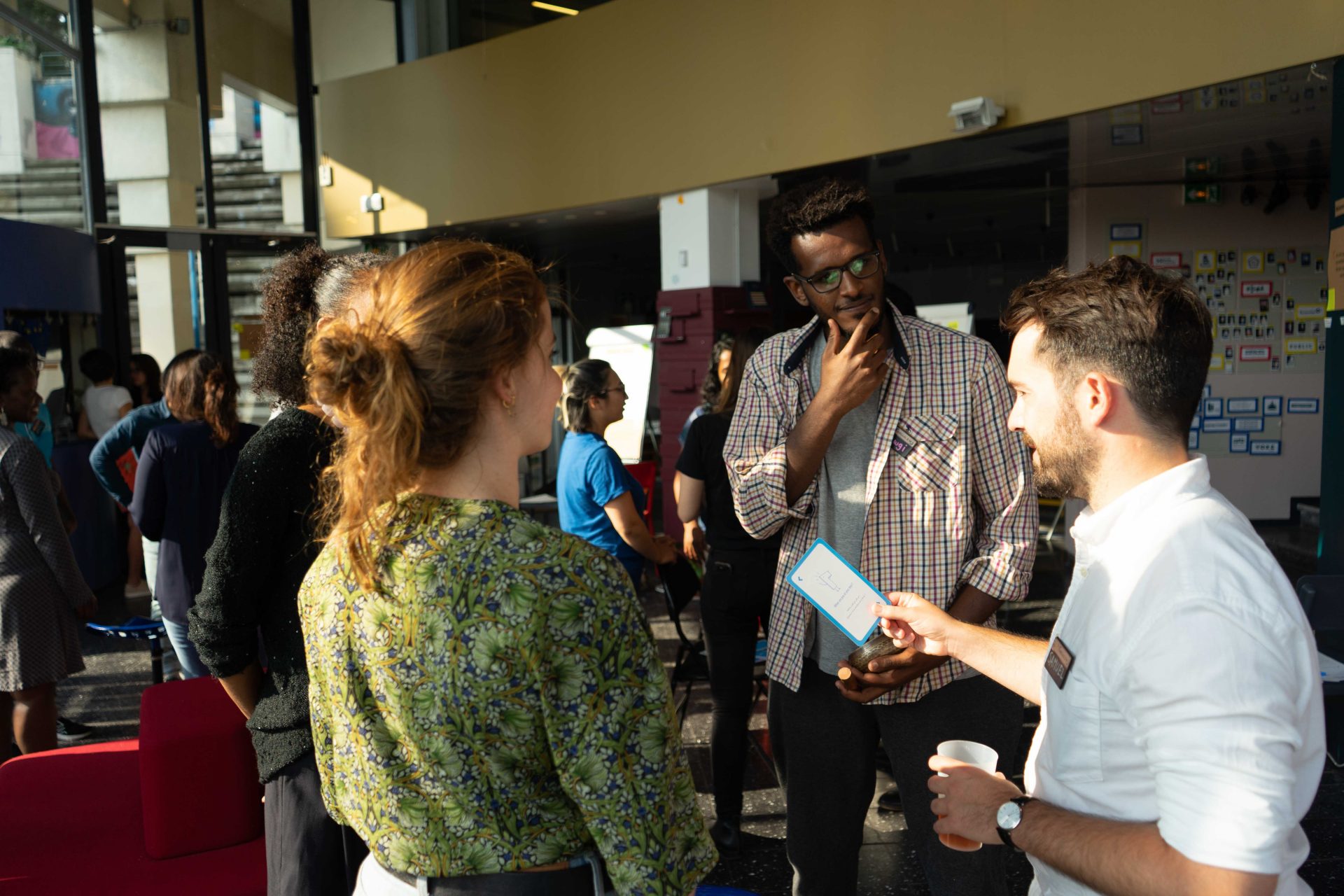
From where I stand in the world of innovation, I witness every day the fact that the economy needs new points of view on existing systems and behaviours. At the European scale, a source of new points of view on how we function comes from recent migration.
My weeks are spent in a surprising paradox. Half of my time, I’m equipping people who possess all the codes of leadership to think and act “out of the box”. The other half, I’m equipping people who are “out of the box” (refugees and migrants) to develop the codes of leadership.
I spend half of my days typically helping universities, companies and the start-up world be more innovative. The challenge for them is to come up with new ideas, new ways of seeing things. So I create cultures and physical spaces that disrupt the old ways of looking at the world. This is my work with Wow!Labs, an agile innovation company that I co-founded in 2011.
The other half of my days is spent running a spin-off from Wow!Labs called PLACE. PLACE is one of several projects we launched to explore how innovation may come from unsuspected parts of society. It’s an experiment looking at how refugees and migrants may be a source of innovation for Europe.
Innovation and migration – what an unusual association, I often hear. A project for refugees that does not spring from a philanthropic impulse? Refugees as an opportunity? What next?
The need for new conversations
Truth is, having worked in innovation, entrepreneurship and education for the last 15 years, I feel that we, in these sectors, need help. We need new points of view, new ideas, new models. And especially, new conversations. Innovations that another “9-step-to-success” article won’t give us. Perspectives that can be powerfully shaken up by a unique interaction with someone who comes from a different box altogether. These conversations need to happen at the coffee-machine- this universal stereotype of idea-sharing in most workplaces-, in meetings, as well as in boardrooms. The latter is the longer shot of course.
How do you “create” a point of view?
I’ve come to believe that everything is a matter of where you stand. Physically as well as figuratively: a big share of the value that we have as individuals comes from the fact that we are a unique product of our world, of our individual history and how we respond to it with our unique personalities. We do not choose our generation, gender, ethnic or geographic background, yet these factors determine, along with other factors, the way we apprehend the world. And the resulting unique point of view is precious to others who are stuck in other bodies, minds and pieces of history.
I don’t decide the ideas that I come up with, not more than you do. Our ideas are products of our own experience and vision of the world. That’s why for new ideas, we need people who stand and have stood in different places- literally.
People looking to create the conditions for more innovation often talk about creating “cross-fertilization”, or crossing points of view. But here’s the catch: it’s hard to create a diversity of points of view, without having people who have had different experiences leading to these points of view.
Here’s how migration and innovation can rhyme
It’s hard to put a precise finger on the moment where it became obvious to me that key elements of what our systems are missing are to be found in another element that is usually perceived as a burden: refugees.
It may have been on a sunny October afternoon where Karam, who lived in Sudan and then Malaysia, was explaining to me that meeting Omar gave him a new idea. Omar is a Syrian violinist and opera singer (and web developer in his spare time). Together, they were developing the concept of mobile music studios using new technologies to make recording cheaper. The fact that access to resources, including studios, depended on who you know in the industry seemed absurd to them- as, in fact, it is, but most Parisians have come to accept it as the norm of the industry.
Or crossing the path of Mayada, a fashion designer from Sudan, who sees the female body as a powerful medium for unique points of view to come across, especially around questions of gender equality. She actively uses fashion as a way to empower women across cultures.
Or an evening with Ahlam, an artist from Yemen who deplores the lack of female talent using the cityscape to express their vision of the world. She is thinking of creating a collective to empower more women artists to transform public spaces.
Or one of many chats with Rohullah, a born facilitator who saw the day on a refugee camp in Afghanistan 37 years ago. Fluent in 7 languages, he earned an MBA in Norway somewhere along his amazing journey. His starting point is what is difficult for most people: to function across languages and cultures, and facilitate collaboration across them.
Developing their talent further, making their viewpoints count and matching them with opportunities and needs in host societies, is what will make the difference between Europe leveraging this talent available to renew itself, or migration continuing to be perceived as a burden, and therefore being one. That’s why PLACE focuses on the creation of a pipeline of people with a recent history of migration to penetrate insider positions and networks in 3 key sectors: business & entrepreneurship, media & the arts, and public leadership. To see what new perspectives flourish.
A point of view is born from a unique experience. If we want to produce more points of views to create new conversations, solutions and models in key sectors, it’s vital for as many people as possible to learn to produce innovation – from children to corporate boardrooms. And it’s equally vital to invest in talent that is not in “the box” that we are trying to think “out” of.
Originally published at https://www.wow-labs.com/craving-for-europe-to-be-more-innovative-migration-can-help
What does the economic integration of refugees look like post covid19?
Our economies may not have been mastering the economic integration of newcomers in the past, but in the post-covid world we have a chance to make things work – for everyone this time.
How can we #buildbackbetter in the new normal?
New points of view can make the difference between a ‘new normal’ that works and getting back to normal.
Fighting fire with data in the ‘otherness’ debate
More in Common is a project that is bringing data and insights to break down the divisive narratives that are polarizing our societies.

